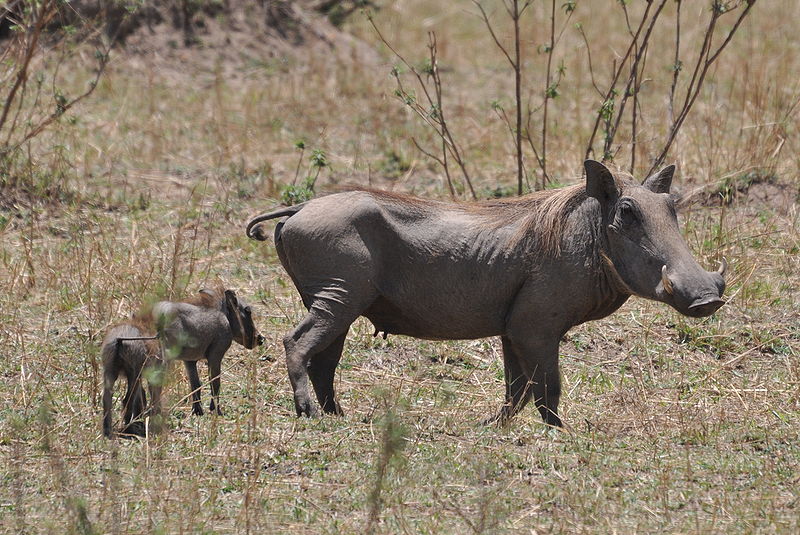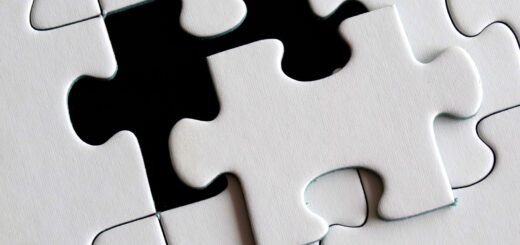Be a warthog
I remember reading “Rogue Warrior,” the autobiography of Richard Marcinko, founder of SEAL Team Six, the elite unit that (among other achievements) killed Osama Bin Laden. Marcinko is about as tough as is humanly possible, and in the book talked about the difference between the recruits who make it through Hell Week, the gruelling apex of SEAL training designed to weed out all but the toughest candidates, and those who will flunk out.
He called the two personality types “warthogs” and “gazelles.” Gazelles are the overachievers, the gifted few who have all the natural abilities necessary to breeze through obstacles and challenges. They make success look effortless and natural.
Warthogs are far from elegant. They’re the overlooked and un-gifted ugly ducklings, and they don’t so much breeze through obstacles as slog ungainly through them, grinding as hard as it takes to get through. They haven’t got an ounce of grace or elan about them, and wouldn’t know what to do with it if you gave them some.
You’d think Marcinko would seek out the gazelles for his SEAL teams. After all, who wouldn’t want an overachiever on their side, to maximize your chances of success? But Marckinko didn’t want gazelles. He looked for the warthogs, for one very good reason: they don’t give up.
A gazelle is great to have on your team until the excrement hits the fan, and things start to go sideways. That’s when it really doesn’t matter how gifted and graceful you are, because failure is already happening, and you’re in it. In the world of military special operations, you can pretty much guarantee something’s going to go very wrong or not according to plan, and all your effortlessness and natural abilities aren’t going to be worth a damn at that point. That’s when you need grit, determination and unrelenting mental toughness, the ability to endure anything, slog through any challenge no matter how excruciatingly hard, and achieve the mission objectives. Remember: these are the people whose unofficial motto is, “Failure is not an option.”
That’s why Marcinko sought out the warthogs for his teams. In the high-stakes, failure-intolerant world of special operations, warthogs are the ones most likely to succeed, not because they’re gifted, but because they possess the toughness and unrelenting determination that can mean the difference between success and failure. Often it’s precisely because we’re not gifted that we develop the grit to power through situations that our lack of gifts won’t get us through.
Gazelles have little experience with failure; they can’t be relied upon to cope with it in the moment, and they haven’t built up the mental toughness necessary to power through the obstacles threatening failure.
Marcinko summed up this approach in a great anecdote about one of the many brutally tough exercises designed to weed out recruits in the SEAL program. In this exercise, the men had to pick up two buckets of rocks and swim across a pool. It’s an incredibly hard task, and many don’t succeed. One guy in particular didn’t even try to swim across. He grabbed the two buckets, took a breath, sank to the bottom of the pool and started walking the buckets the length of the pool, surfacing for breaths of air and diving down again to walk the rocks again for as long as it took to reach the other side.
At the other side, the instructor asked him what the [expletive deleted] he was doing. The recruit replied that he couldn’t swim, to which the instructor replied “Hell, we can teach you to swim!”
What they couldn’t teach was ugly, brute-force toughness and an inability to give up. That’s why I usually aspire to be a warthog and not a gazelle.
Photo: http://commons.wikimedia.org/wiki/File:Female_warthog_with_young.jpg



